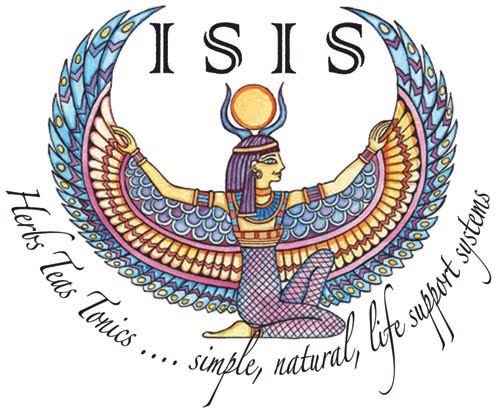A hot cup of tea may do more than relax you. Research shows tea consumption may help prevent a wide range of ailments.
Herbal teas have long held an important place in medicine. The Chinese have used herbs for thousands of years, long before science was able to diagnose and treat with antibiotics. Herbal teas have been used extensively to cure diseases and promote good health and prevent illness.
 Those who had knowledge of herbs and how to make herbal teas were highly respected because their teas were able to greatly assist those who suffered from various ailments.
Those who had knowledge of herbs and how to make herbal teas were highly respected because their teas were able to greatly assist those who suffered from various ailments.Herbal teas are still very useful!
Just as massage aids digestion, sleep, chronic inflammation and mental alertness, so too does ginger, chamomile, cinnamon and ginseng herbal teas.
Herbal tea looks very similar to black tea and is brewed in the same way, but it is not actually tea at all. Herbal teas are actually infusions and more accurately called tisanes. Tisanes are made from mixtures of dried leaves, seeds, grasses, nuts, barks, fruits, flowers, or other botanical elements that give them their taste and provide the benefits of herbal teas.
When prepared either with a tea bag or loose leaves in a tea pot, tea contains no calories and contributes to your daily fluid consumption and is great for those who want to limit their consumption of caffeine. It can also be served hot or cold so is a perfect year round beverage.
In general herbal teas are great for calming the nerves as well as soothing the body and the mind.
Further benefits include;
• Relief of menstrual pain,
• Aiding body detoxification,
• Helps with clearing the mind,
• A great source of antioxidants,
• Has a positive effect on your bones, skin, nails and hair,
• Can reduce bloating and water retention,
• Can help calm an upset stomach,
• Promotes relaxation which can support sleep.
Tea ceremonies are the ritual of making tea which is still popular throughout the globe. At a basic level, tea ceremonies are a formalized way of making a hot drink, in a process which has been refined to yield the best taste.
 In Iran and Afghanistan, tea is the national beverage and drinkers sit cross-legged on floor mats to sip their tea from glasses or stylish porcelain bowls.
In Iran and Afghanistan, tea is the national beverage and drinkers sit cross-legged on floor mats to sip their tea from glasses or stylish porcelain bowls.In Japan, the traditional Green Tea Ceremony is still an important social ritual and the ability to perform it is considered an essential skill for well-educated ladies.
Moroccans consider the tea ceremony an important part of any social or business occasion. Their tea-drinking ceremony includes lighting incense and all those taking part wash their hands in orange blossom water and watch while the host prepares the tea.
Since the 1980s, many British-style tea-rooms have opened in which traditional afternoon tea is served with sandwiches, scones and clotted cream and little cakes and pastries.
You will find some spas offer herbal tea following their massage treatment not only to rehydrate and help flush out toxins, but also to add to the experience. During massage you rest your eyes, receive touch, hear soft music and smell the aromatherapy oils. A herbal tea is a beautiful way to conclude the 5 senses experience. How lovely to participate in a private tea ceremony before re-emerging into our bustling world!
Do not be afraid to experiment and you will uncover an entire new world inside your cup!
As quoted: http://www.studymassage.com.au/news/sip-on-herbal-tea












